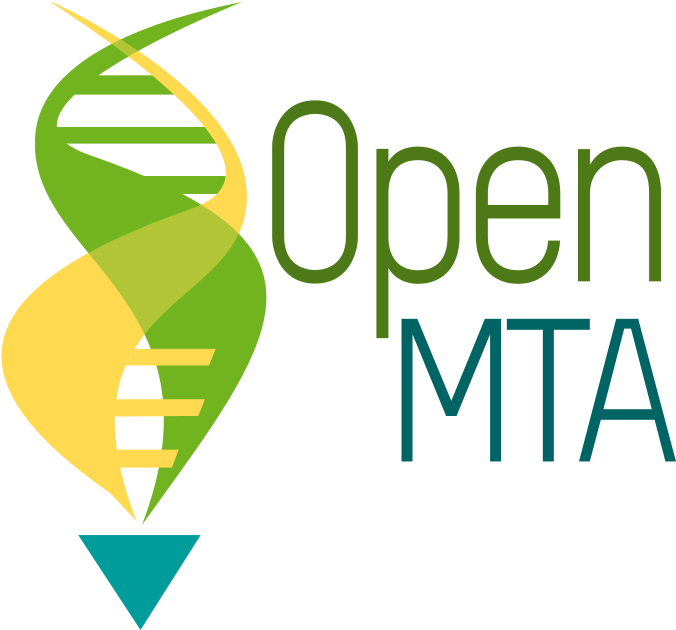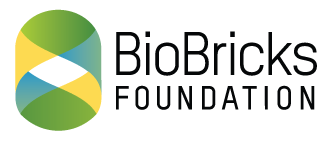
Frequently Asked Questions
Hidden
What is the Open Material Transfer Agreement (OpenMTA)?
The OpenMTA is a simple, standard agreement that enables researchers to share materials on a more open basis while working within the practical realities of technology transfer.
How does the OpenMTA compare with other standard MTAs?
The OpenMTA includes many of the same provisions found in other standard MTA templates. The OpenMTA differs from other standard templates only where needed to support the design goals – Access, Attribution, Reuse, Redistribution, and Non-discrimination.
| Terms of Transfer | UBMTA (1995) | SLA (1999) | Science Commons (2005-9) | OpenMTA (2018) |
|---|---|---|---|---|
| Academic or non-profit only | Yes | No | No | No |
| Use for research and teaching | Yes | Yes | Yes | Yes |
| Use for commercial purposes | No | No | Varies | Yes |
| Distribution of materials or derivatives | No | No | No | Yes |
| Fees for preparation and distribution | Yes | Yes | Yes | Yes |
| Fees for royalties | No | No | Varies | No |
| Compliance with laws and regulations | Yes | Yes | Yes | Yes |
| Ease of use internationally | No | Yes | Varies | Yes |
| No warranty (e.g. third party rights) | Yes | Yes | Yes | Yes |
| Recipient assumes liability | Yes | Yes | Yes | Yes |
| Recipient indemnifies Provider | No | No | Varies | No |
| Attribution | Yes | Yes | Yes | Yes |
Why use the OpenMTA (instead of no MTA at all)?
The OpenMTA provides provenance tracking and specifies terms for access, attribution, reuse, redistribution and nondiscrimination. Although a “no MTA” policy for transfers of certain materials has been adopted by some institutions, these policies typically state “if materials are transferred without a specific MTA, the transfer will be presumed to be made under the terms stated in the UBMTA even though no written agreement has been signed.” As a result, ambiguous or unnecessarily restrictive terms apply when there is no MTA in place.
Are we obligated to transfer all materials under the OpenMTA if we become a signatory?
No, becoming a signatory to the OpenMTA does not obligate an institution to make all materials available under OpenMTA terms. Instead, each institution can decide which materials they wish to make available under OpenMTA terms on a case-by- case basis.
Can we recover the cost of providing materials under the OpenMTA?
Yes, the OpenMTA allows reimbursement of costs involved in preparing and distributing materials.
Who can sign the OpenMTA Master Agreement?
At most institutions, individual researchers are not authorized to sign MTAs on behalf of their institutions. Instead, MTAs must be reviewed and approved by an authorized institutional official. Accordingly, only individuals authorized to sign on behalf of the institution may sign the OpenMTA Master Agreement.
Must my institution be an academic or non-profit to become a signatory?
No, signatories to the OpenMTA may include companies, for-profit research institutions, and community laboratories as well as traditional academic and nonprofit institutions involved in biological research and transfer of materials.
Who developed the OpenMTA?
The OpenMTA was developed as a collaborative effort led by the BioBricks Foundation and the OpenPlant Synthetic Biology Research Centre with input from researchers, technology transfer professionals, social scientists, lawyers, and other stakeholders from across the globe.
I have more questions. Who can I contact?
We welcome your comments, feedback and questions on the OpenMTA. Please email Linda Kahl, Senior Counsel for the BioBricks Foundation, at linda@biobricks.org
